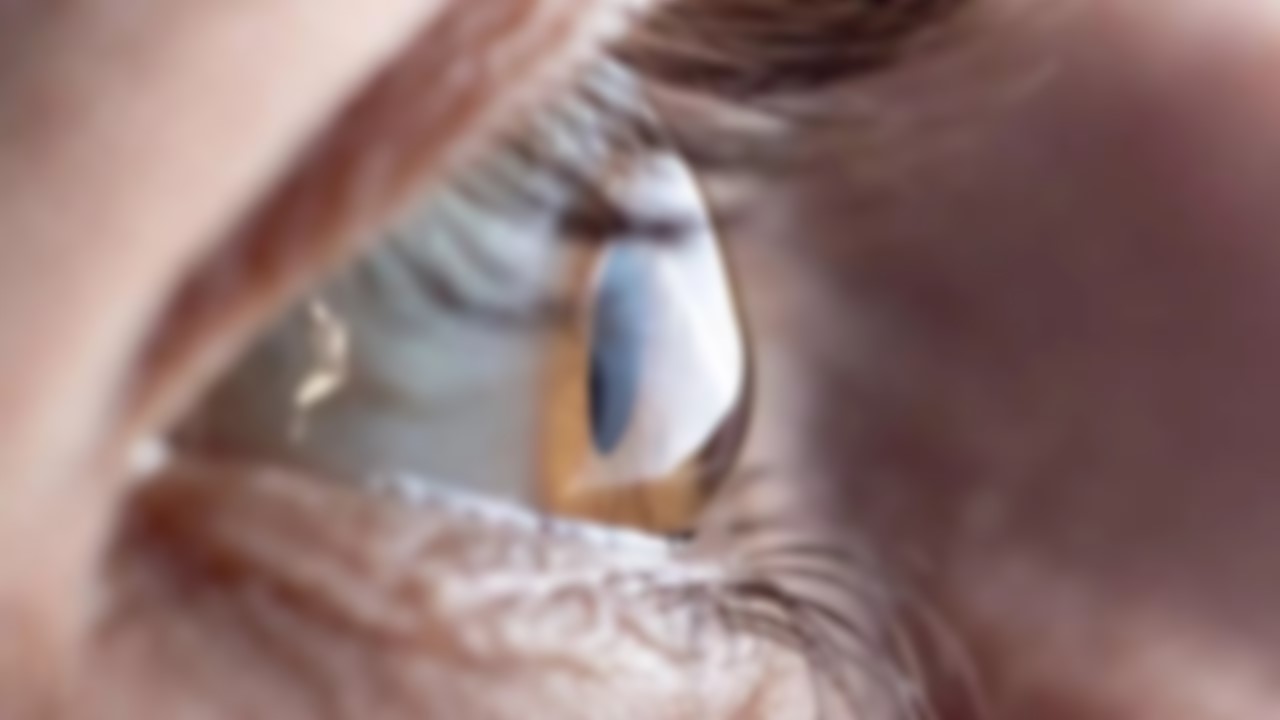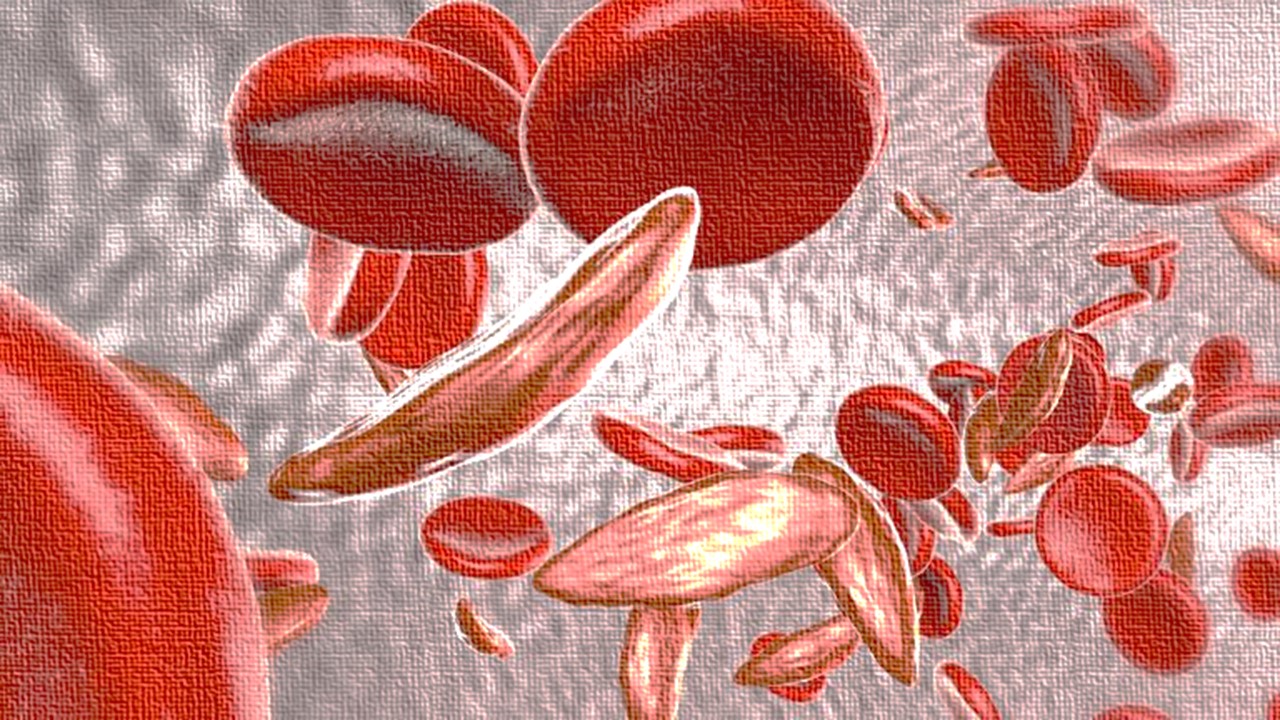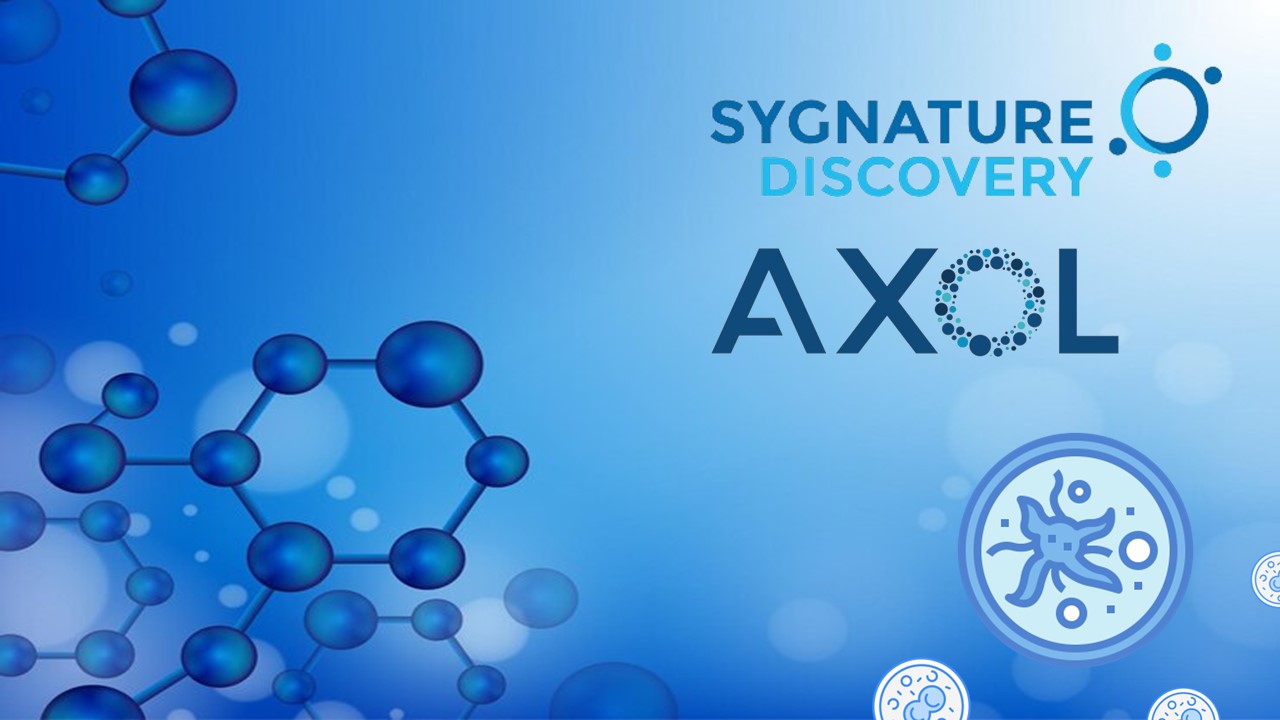
In 2020, it was reported at least 115,000 people were living with Crohn’s disease (CD) in the UK. The inflammatory condition, which can affect people of all ages, can significantly impact daily life with a number of distressing symptoms. As of now, there is no cure for CD, with the main focus being symptom management. However, research and development in this area is ongoing, with stem cell therapy demonstrating exciting results in clinical research.
Introduction
CD is a type of relapsing inflammatory bowel disease primarily affecting the gastrointestinal (GI) tract, as well as extraintestinal manifestations and associated immune disorders. Inflammation of the GI tract can cause a number of unpleasant symptoms including persistent diarrhea, abdominal cramps and constipation.
While CD mainly occurs in the GI tract, it can contribute to a number of other health issues and complications. This can cause more serious medical problems including the development of a stricture – a narrowing of the intestine as a result of chronic inflammation.
So far, no cure has been developed to treat CD, and currently available treatment focuses primarily on symptom management. Non-pharmacological intervention includes diet and nutrition regimens, which is important as digestive problems like loss of appetite and diarrhea can reduce the body’s ability to absorb important nutrients and generate energy.
Surgery is also an option for those who fail to respond to standard therapies. According to Crohn’s Colitis Foundation, as many as two-thirds to three-quarters of people living with this condition will require surgery at some point in their lives.
However, surgery does not cure the disease, but aims to conserve portions of the GI tract to ensure patients can live their best quality of life.
In terms of pharmacological intervention, drugs available for patients are designed to suppress the immune system’s abnormal inflammatory response. This dysfunctional response is responsible for the symptoms impacting the quality of life of individuals living with this disease.
Pharmacological treatment
A range of treatments are available for patients to try, as the response can vary due to individual physiology. Steroids are often used to relieve digestive inflammatory symptoms and are taken as tablets once a day, usually for a couple of months. Side effects include weight gain, indigestion and insomnia.
Immunosuppressants like mercaptopurine and methotrexate can be used if steroids alone fail to show a sufficient response. If neither steroids nor immunosuppressants appear to achieve a good clinical response, patients will often be prescribed biologics.
Adalimumab, infliximab, vedolizumab and ustekinumab are the only biological drugs available on the NHS for patients diagnosed with CD. Adalimumab and infliximab are anti-tumour necrosis factor agents used for patients who are intolerant to conventional therapies like immunomodulatory agents.
Research has demonstrated that patients with active CD show increased concentrations of a proinflammatory compound known as tumour necrosis factor (TNF). Neutralisation of TNF has shown to decrease recruitment of inflammatory cells which contribute to the GI symptoms of CD, hence a number of anti-TNF agents have been developed to treat this condition.
While anti-TNF agents like adalimumab are efficient for inducing and maintaining remission in patients with CD, conflicting data has been published about the efficacy of anti-TNFs in patients with stricturing CD. In addition, there have been concerns regarding the use of these drugs in patients with established strictures.
The variable response to different treatments, conflicting data regarding drug efficacy, and unpleasant side effects highlights the unmet clinical need for effective therapeutics for CD. More recently, a number of pharmaceutical companies have been investigating the viability of cell and gene therapy.
Alofisel Cell Therapy
Developed by TiGenix, the stem cell therapy Alofisel has recently received approval to be manufactured and marketed in Japan for the treatment of complex perianal fistulas in patients with non-active or mildly active luminal CD.
It is the first stem cell therapy approved to treat complex perianal fistulas – one of the most disabling complications of CD. The treatment represents the first stem cell therapy created from donor stem cells to receive market authorisation in Europe (in 2018).
According to an article, the therapy, previously known as Cx601, was developed by the Belgian biotech TiGenix and is licensed to the Japanese pharma Takeda.
The treatment consists of stem cells extracted from the fat tissue of healthy adult donors which are then grown in a laboratory – it is a made to order therapy that must be administered within 72 hours of manufacture. The treatment is injected close to the perianal fistulas which reduces inflammation, increasing the likelihood of the fistulas healing.
The significance of this treatment is the fact that patients living with CD in Japan will soon be offered an alternative to multiple surgeries, having previously demonstrated an inadequate response to at least one conventional biologic therapy. The approval is based on the data from two trials, the Japanese Study Darvadstrocel-3002 and the ADMIRE-CD trial, conducted in Europe and Israel.
The ADMIRE-CD trial in particular demonstrated a positive treatment response, whereby “a significantly greater proportion of patients in the Alofisel group compared to the control group achieved the primary endpoint of combined remission at a 24 week period.”
However, it’s not just drug efficacy which makes this therapeutic alternative attractive. In the same trial, the Alofisel treatment was well-tolerated over 52 weeks, with a similar safety profile in the Alofisel group compared to the control group.
Despite being already approved in the EU, UK, Switzerland and Israel, the drug has suffered a significant setback for implementation. Cost-effectiveness agency NICE has since declined to recommend it for NHS use in England Citing “modest benefit in clinical trials, even though Takeda offered to cover the cost of treatment if it was not successful”, according to a recent article.
In the latest review of the drug (2019), NICE reinforced their decision by explaining that the treatment effect seen in the placebo group of ADMIRE‑CD is better than achieved in UK clinical practice. The reason for this remains unclear, as it could be due to a placebo effect or differences between clinical practice in the trial setting and the NHS. The next review date for this drug will be in 2022.
While the success of this stem cell therapy in long-term is disputed, it still arguably demonstrates a potential alternative to current biologics on the market for symptom management in CD. Whether this particular therapeutic will be offered as part of the NHS in the near future is difficult to say, however, it offers hope for patients that drug development for CD is ongoing and developing more effective, safer treatment as an alternative to risky surgery.
Charlotte Di Salvo, Editor & Lead Medical Writer
PharmaFeatures
Subscribe
to get our
LATEST NEWS
Related Posts

Cell & Gene Therapy
Eyeing the Future: Stem Cells and the Promise of Corneal Restoration
By reducing dependency on donor tissues and minimizing immunosuppressive demands, iCEPS has the potential to redefine LSCD treatment.

Cell & Gene Therapy
A Cure in the Code: How Gene Editing is Transforming the Fight Against Sickle Cell Disease
BIVV003’s success highlights gene editing’s potential to treat genetic disorders at their root, offering hope for other conditions.
Read More Articles
Myosin’s Molecular Toggle: How Dimerization of the Globular Tail Domain Controls the Motor Function of Myo5a
Myo5a exists in either an inhibited, triangulated rest or an extended, motile activation, each conformation dictated by the interplay between the GTD and its surroundings.
Designing Better Sugar Stoppers: Engineering Selective α-Glucosidase Inhibitors via Fragment-Based Dynamic Chemistry
One of the most pressing challenges in anti-diabetic therapy is reducing the unpleasant and often debilitating gastrointestinal side effects that accompany α-amylase inhibition.













